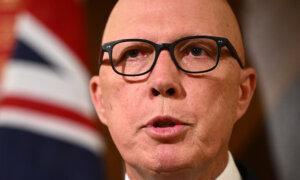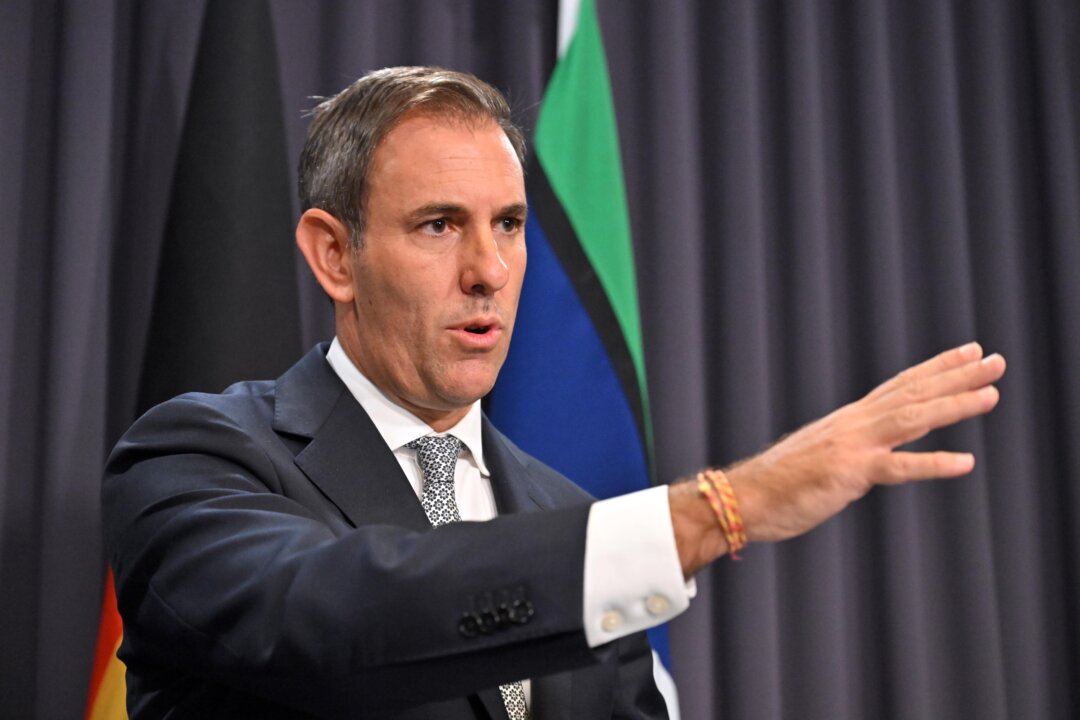Australia saw a significant increase in tax burden on single workers, according to a new report.
Single Australian workers were the hardest hit by tax increases among advanced economies in 2023, a new report has shown.
The OECD (Organisation for Economic Cooperation and Development)’s latest Taxing Wages 2024 report (pdf) gave a snapshot of how workers’ tax rates evolved in 38 countries in the previous year.
It found that Australia experienced the most significant rise in the tax burden (income tax plus employee and employer contributions less cash benefits) for single employees with a 2.14 percent point rise, followed by Luxembourg with a 1.39 percent point increase.
However, Australia’s average tax rate for workers (29.2 percent) was still below the OECD’s average of 34.8 percent, and the country ranked 30th among the OECD nations.
The OECD said the substantial rise in the tax rates for Australian workers was due to growth in nominal earnings and the abolishment of the Low and Middle Income Tax Offset (LMITO).
The LMITO was a policy introduced by the former Coalition government in its 2018-19 federal budget to provide small tax relief to low and middle-income earners.
The policy allowed workers earning under $126,000 (US$82,439) to receive a tax cut of up to $1,500.
After the LMITO ended on June 30, 2022, workers had to pay higher taxes on their income in the subsequent financial years.
Meanwhile, Australian workers also saw significant wage rises due to high inflation in 2023.
In June 2023, the Fair Work Commission raised the minimum wage by 5.75 percent from July 1, 2023, to help workers cope with the sharp rise in inflation, which peaked at 7.8 percent in December 2022.
The increase in earnings resulted in a proportion of workers crossing into a higher tax bracket, causing them to pay higher taxes.
Among 38 OECD countries, 23 reported a rise in tax rates for single workers, 13 experienced a drop, and two saw no change in tax rates.
Stage 3 Tax Cut to Take Effect in July
The OECD’s report comes after the Labor government passed its stage three tax cut legislation in February with the support of the Opposition.
The stage three tax cut was introduced by former Primer Minister Scott Morrison, and intended to provide significant tax reductions for a wide range of income groups.
Under the original plan, the government would abolish the 37 percent tax rate for income between $120,000 and $180,000, and allow taxpayers earning between $45,000 and $200,000 to pay a single tax rate of 30 percent.
While Labor promised to keep the proposed tax cut unchanged during the federal election in 2022, the party later backtracked its promise and reworked the policy.
Under the new law, Australians earning between $45,001 to $135,000 will need to pay a 30 percent tax rate, while those with an income of between $135,001 and $190,000 have to pay 37 percent from July 2024.
Prime Minister Anthony Albanese defended the changes to the stage three tax cuts, saying it was due to cost of living pressures.
While the opposition supported the changes, it criticised Labor for breaking its election promise.














 English (US) ·
English (US) ·  Turkish (TR) ·
Turkish (TR) ·